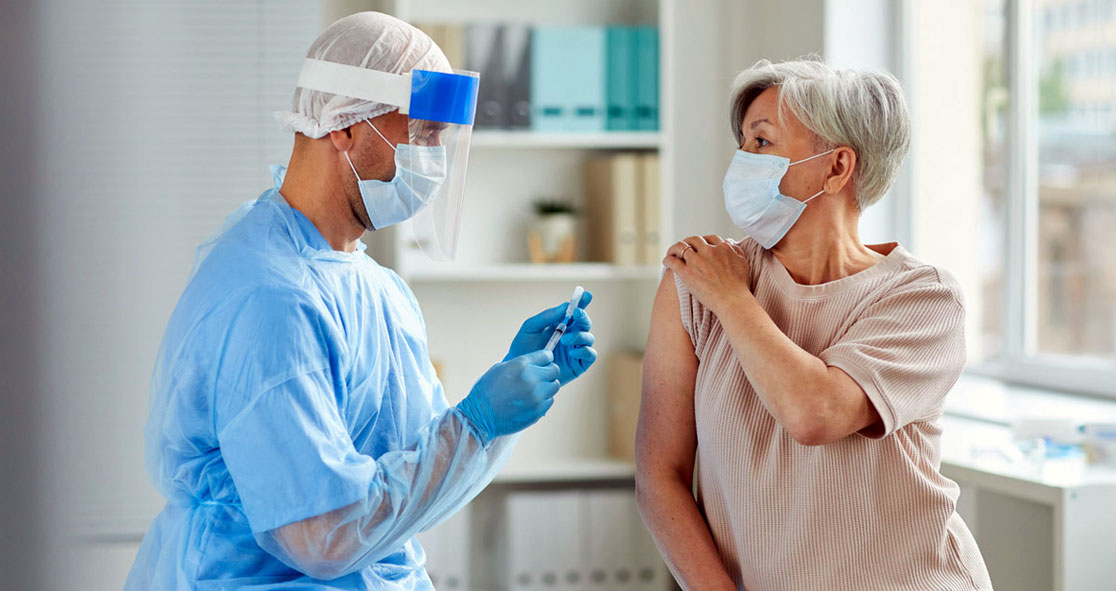On Wednesday, the U.S. Centers for Disease Control and Prevention (CDC) said in updated guidance that people who are fully vaccinated against COVID do not need to quarantine if they get exposed to the virus.
Typically, quarantine is recommended for healthy people who have been exposed to the virus. People are asked to isolate themselves from others for at least weeks to see whether they develop any symptoms of COVID. Quarantine can help stop the spread of the infection by not exposing others.
The CDC said such quarantining is not necessary for fully vaccinated people within 90 days of having received their last dose of the vaccine as long as they do not develop any symptoms.
People who have received the second dose of a two-dose regimen or one of dose a single-dose vaccine are deemed “fully vaccinated.”
Other CDC guidelines remain in place for fully vaccinated people, such as wearing facemasks, social distancing, and avoiding large crowds and poorly ventilated spaces.
The new recommendation says the risk that fully vaccinated people could spread the coronavirus to others is “still uncertain.”
However, the CDC said, “Vaccination has been demonstrated to prevent symptomatic COVID-19; symptomatic and pre-symptomatic transmission is thought to have a greater role in transmission than purely asymptomatic transmission.”
The CDC already recommends that people who have had COVID-19 and recovered do not need to quarantine for 90 days after the illness if newly exposed to someone who is infected; the new guidance for vaccinated people aligns with the earlier recommendations, according to TODAY.
Dr. Peter Hotez of the Baylor College of Medicine in Houston said the guidance “makes sense.”
Early findings from Moderna and AstraZeneca’s Phase 3 trials have suggested that vaccines may slow transmission of the virus. However, they said more research is needed to confirm the findings.
Epidemiologist Saskia Popescu of George Mason University in Virginia said the new guidance “reiterates that there is confidence in protection for those 90 days following vaccination, which is similar to the robust immunity after infection.”
She added, “Guidance will likely evolve as we get a better understanding of vaccine-derived immunity,” particularly for those outside the three-month post-vaccination period. This story appeared on NBC News and TODAY.























